The rise of cloned game animals presents troubling ethical questions for hunters.
The stakes are high.
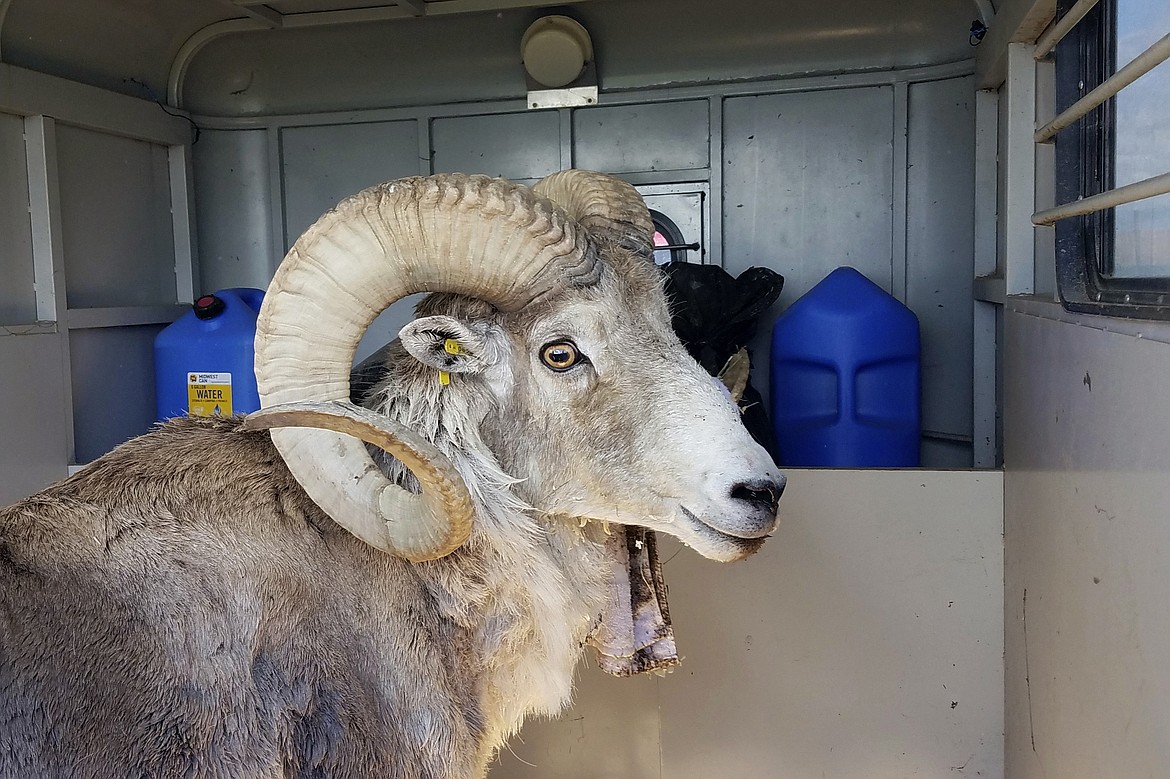

The rise of cloned game animals presents troubling ethical questions for hunters.
The stakes are high.
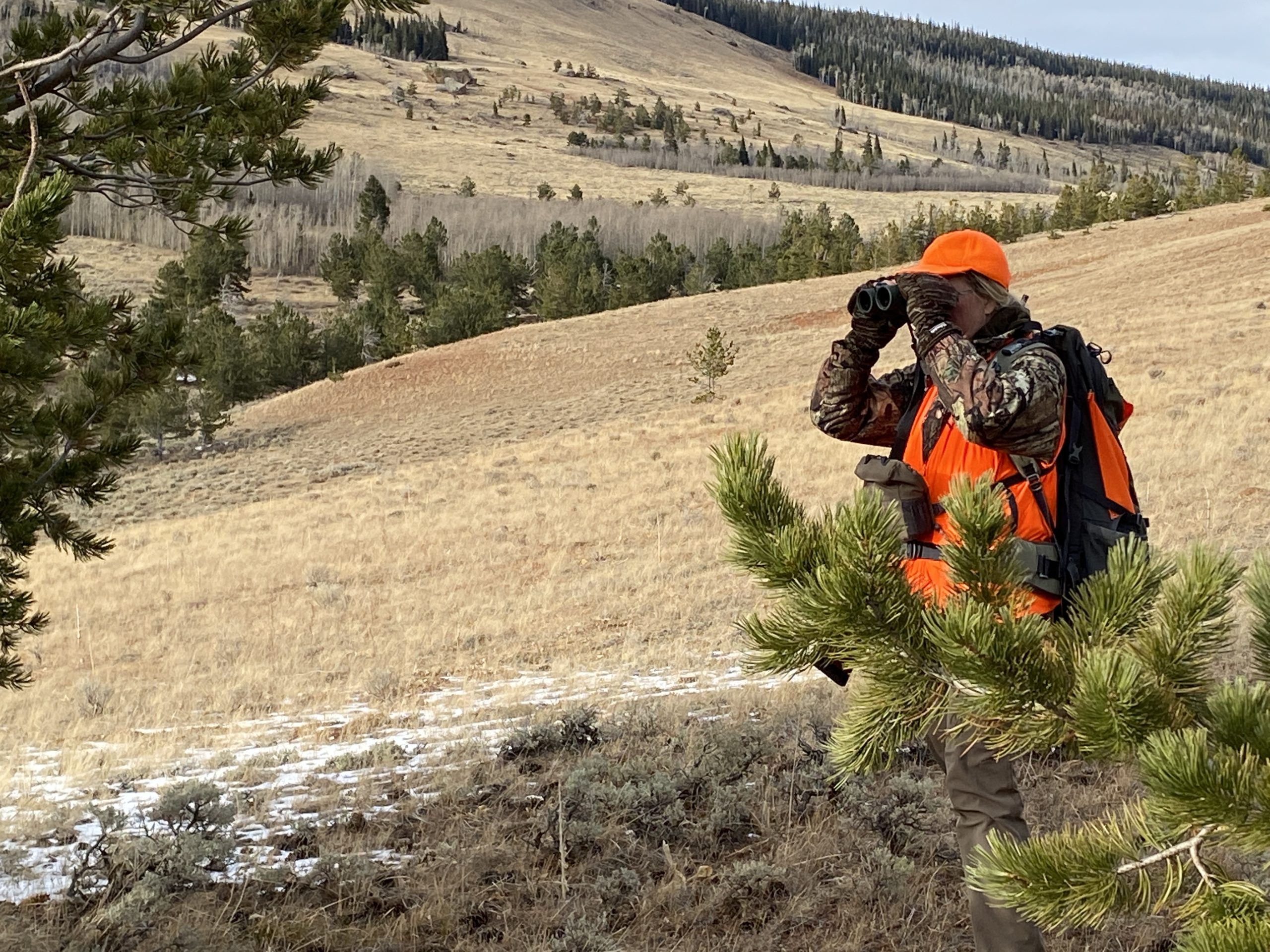
Hunters and shooters have funded conservation since 1937.
No other group has done more for wildlife.

A new study finds that American hunters are incredibly unselfish about sharing their wild harvest.
Some 98 percent of hunters shared meat with others.
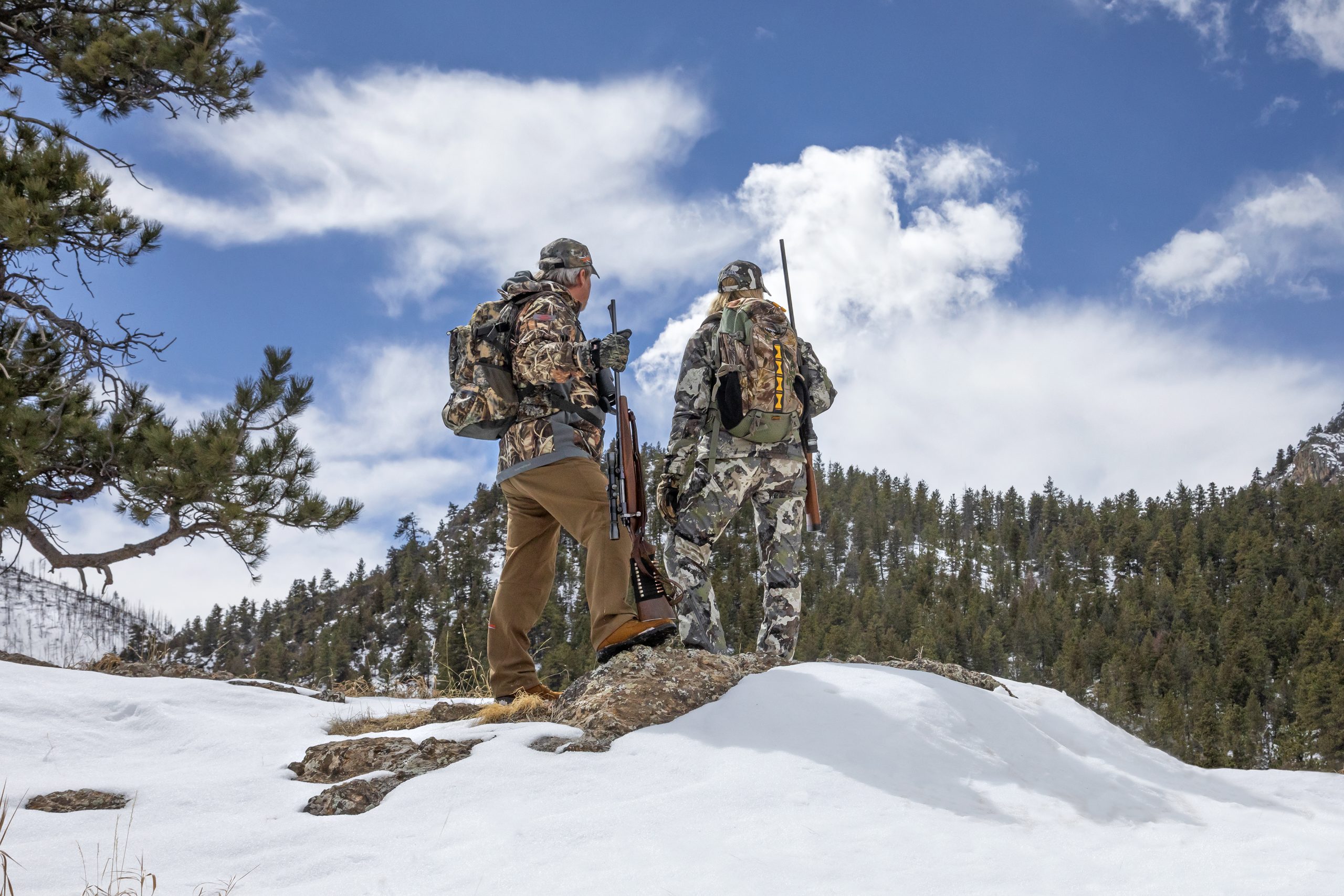
New research proves that spending time outdoors improves our physical and mental health.
This fact makes access to public lands all the more important.
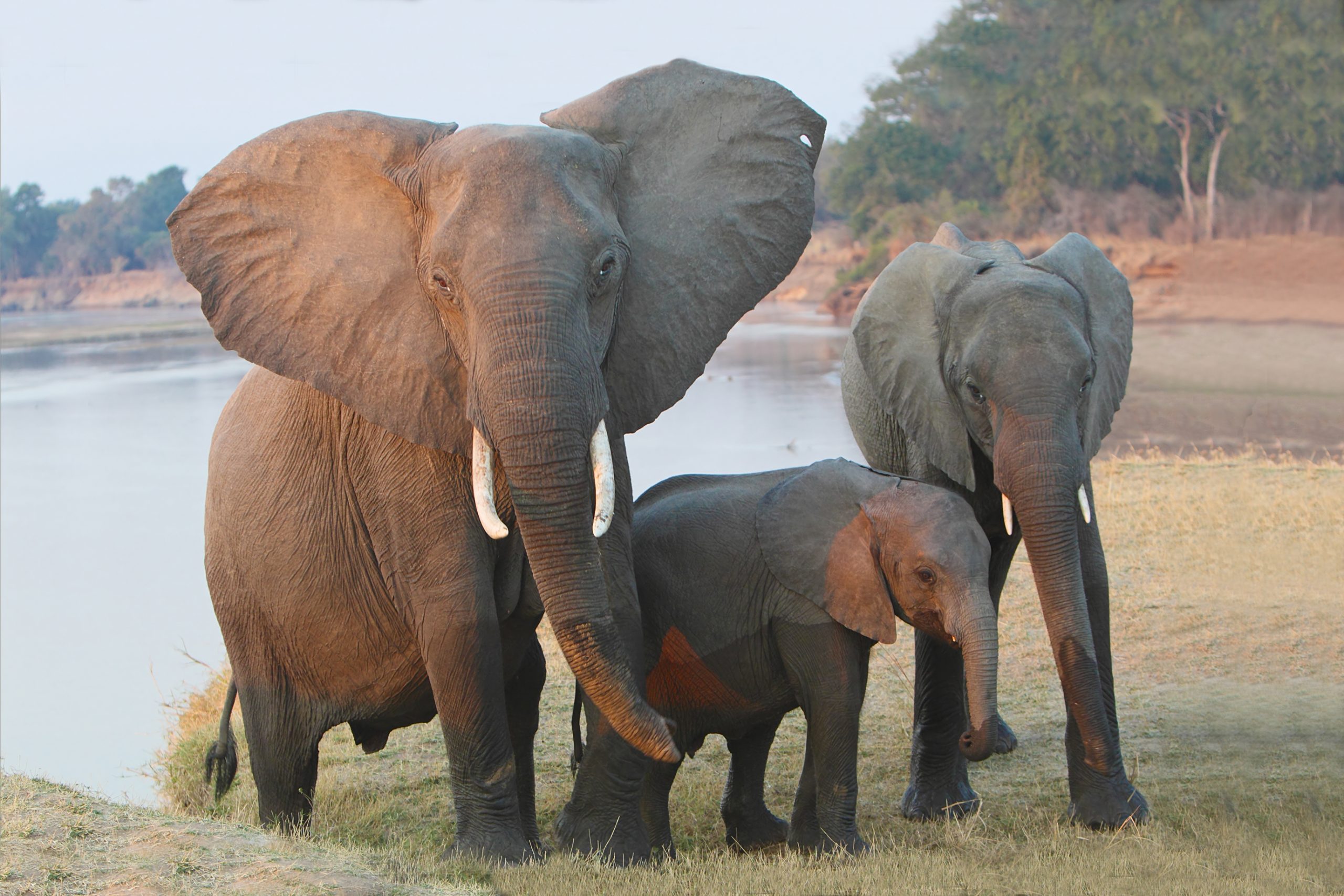
Animal behavior is endlessly fascinating.
Hunters know better than anyone the ways animals exhibit intelligence.
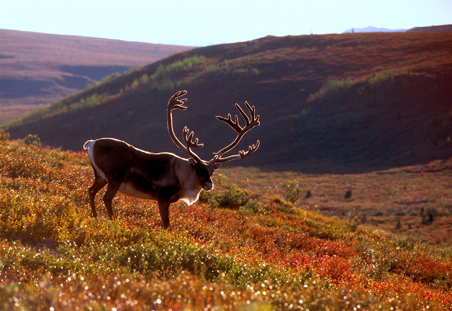
What’s behind the alarming decline of caribou in North America?
Caribou numbers are down across most of their range, and scientists are trying to figure out why.

DSC’s Frontline Foundation supports those who are injured or killed in the war against poaching.
As poaching becomes ever more widespread and organized in Africa, professional hunters who spend a great deal of time in remote areas are often the ones who are in a position to put a stop to it—at great risk to their own safety.
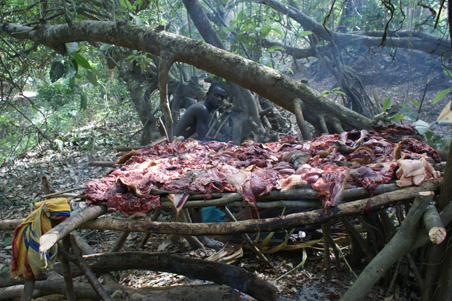
Understanding the African bushmeat crisis.
The term “bushmeat” is traditionally defined as “the meat of African wild animals as food,” African forests and savannas being commonly referred to as “bush.”
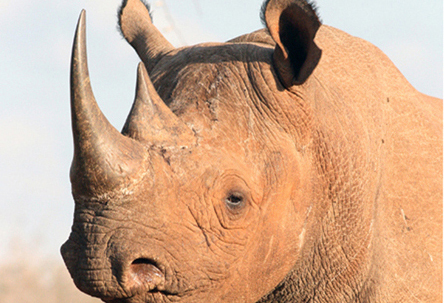
The fate of the rhino may rest on the decision of whether or not to allow commercial trade in rhino horn.
Although rhinos have roamed the Earth for millions of years, their fate is now inextricably tied to international trade policies.
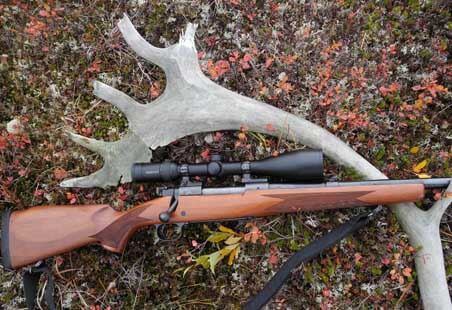
Hunting is by far the largest funding mechanism for wildlife, and the economic benefits go far beyond conservation.